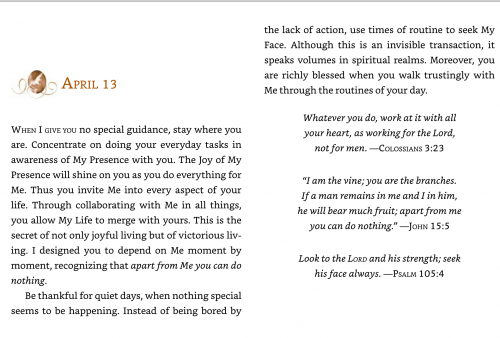As a Franciscan, I have always been curious about the fruitful friendship between Francis of Assisi and his female companion Clare. They were not lovers, yet they were deeply devoted to one another, built their orders together, and turned to one another for support and wisdom. My friend Mirabai Starr offers a vignette based on tales about Francis and Clare, and shows a mutual friendship built on their shared dedication to Christ:
Clare gave up everything to be with Francis, to live as he lived, to see the face of the Divine in the faces of the poor and the oppressed and to love them as he loved them. “Her goal in life,” says Robert Ellsberg about Saint Clare, “was not to be a reflection of Francis but to be, like him, a reflection of Christ.” [1]
While Francis guided his growing order of Little Brothers, he assigned Clare as the leader of the Poor Ladies.
When Francis felt most alone in the world, most persecuted and misunderstood, it was Clare he would turn to for clarity, wisdom, and a love stripped of sentimentality. “All I want is to live as a hermit and love my Lord in secret,” he confessed to her. “And yet I am moved to preach the gospel of holy poverty in the world. What should I do?”
Clare did not equivocate: “God did not call you for yourself alone, but also for the salvation of others.” [2]
Toward the end of his life, when the brotherhood had burgeoned so quickly that it threatened to implode, Francis’s physical health mirrored the disease spreading through his community. Wracked by unrelenting pain in his joints and flesh, and nearly blind, the forty-four-year-old ascetic took refuge in a hermitage adjoining the convent of the Poor Clares at San Damiano [where Clare lived and died].
There, near to the woman who knew his soul and loved him with a perfect love, and enfolded in the sacred sounds and smells of the creation, Francis composed his ecstatic hymn, “The Canticle of The Sun.”
When Francis could no longer hide the gravity of his condition, the brothers took him home to die. Clare immediately became seriously ill, sharing the suffering of her beloved in her own body. When Francis heard that Clare was sick with grief, he sent her a message.
“I promise,” he wrote, “you will see me again before you die.” [He accepted and enjoyed how much she loved him! —Richard Rohr]
A few days later, the brothers carried Francis’s lifeless body to the cloistered convent of San Damiano and stopped beneath Clare’s window. They lifted him high so that Clare could almost reach out and touch his hair. The friars stood there for as long as Clare wished, while she filled her eyes with him and wailed.
Clare lived for another twenty-seven years without her “pillar of strength and consolation,” yet content in the arms of their common mother, “Our Lady, Most Holy Poverty.” She became a great and beloved spiritual leader, whose primary teaching was her life of radical simplicity and quiet joy.
